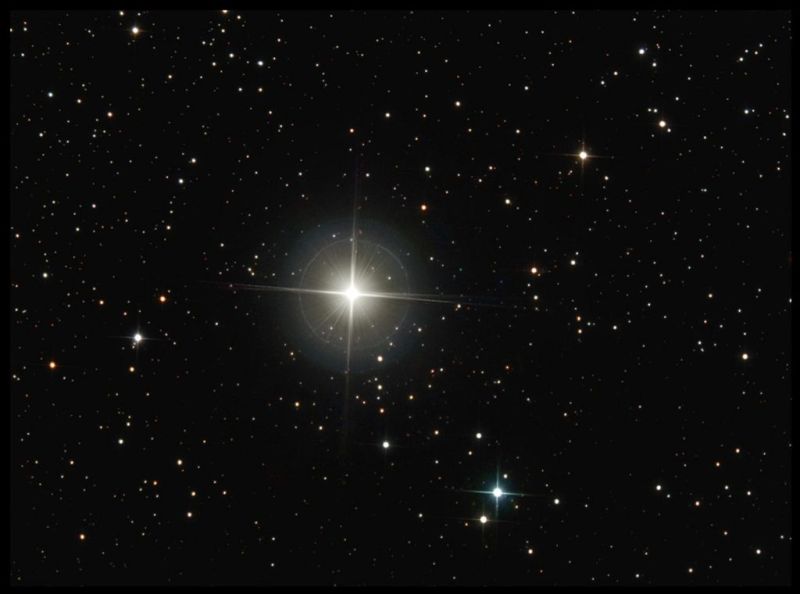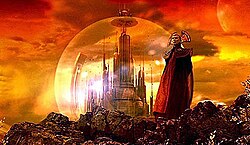by Joyce White
Poetry makes an excellent
conversation beginning with a lump in the throat then spilling out like liquid
honey so sweet, savory, ending in the most natural wisdom, To be a poet, you
need to know when to listen and when not, as well as begin every day with a
moment of silence, during the day listen to the children who are always on, we
can learn as much from them as they us,
Poets need to befriend isolated
thinkers, to enjoy their gift of gab, to recognize universal truths, listen to
their intuitions, and welcome the muses that are their best fans,
Poets need to give credence to the
“unseen” and to know that there is no coincidence, and be appreciative of free
will,
Poets need to ride the winds with
glee that blow through their minds, and to write those thoughts down before
someone else does or before they're forgotten all together.
Poets need to learn to appreciate
the sun setting, a bird call, a quiet garden, a clear sky, and a creative
effort with an unambiguous pen. Genuine poetry can communicate before it is
understood, the unknown healing all wounds of reason.
Words are healers whether we
are writing them, singing them or reading them. Of course, a loving friend can
be a healer. A song can be a healer. A celebratory greeting card can be a
healer. We all enjoy healing through the music of words and images.
Both reading and writing poetry are
forms of therapy for the reader and the writer. Writing poetry is an excellent
way to pay renewed attention to the masters and their art. They inspire us to
turn their art into “our art” through films, paintings, poetry or even clay
sculptures. None of us write alone without carrying on our back the whisperings
of others.
There is no such thing as writer’s
block when we use others ideas to inspire us. Poetically speaking, I think most
poets are like honey bees hungrily searching through a grand buffet of
literature, film and/or art for that speck of pollen we can turn into honey.
Besides authoring two books, I had a lot to say and needed a way to say it, so
I started experimenting with poetry.
But in truth, humans like to make
everything a game especially writers and poets. We play connect-the-dots with
words and feelings, paying close attention to the sound and flower of our
memories, as well as their arrangement on the page. I play connect-the-dots
with sentences, images and/or word pictures.
I’m always looking for an initial
thought burst, a memory or a feeling I can blow out of proportion and use in a
grand over-indulgent way when writing poetry. “You may discover your best poems
while writing your worst prose.” says Joyce Carol Oates. “As soon as you
connect with your true subject, you will write.”
If I had to describe my inner poet,
I’d say he looked at the world a little eschewed. He lives patiently in me,
giving me fragrant hope where there was once none. He inspired me to write
although it never occurred to me I was a poet. I come by using words for
healing by instinct.
I’ve read an author must be like
God, present everywhere but visible nowhere. Somerset Maugham says, “If you can
tell stories, create characters, devise incidents, and have sincerity and
passion, it doesn’t matter a damn how you write.” Samuel Johnson says, “The two
most engaging powers of an author are to make new things familiar, and familiar
things new.”
When the right words come, they are
as beautiful and unsought as country wild flowers. There are many ways of being
artful. To write poetry I sometimes start out with the words, “I am…or I am
silly…or I am afraid…or, I am not like anyone else. You can also write a Pet
Peeve Poem, by reacting to a common, everyday annoyance like the phone ringing
when you’re in the bathroom! Choose a subject that really irritates you enough
to be memorable or humorous.
Decide if you want your poem to be
serious, playful or sarcastic. There is something about our milestones that beg
to have their passes marked on paper even our annoyances and mishaps. Our only
goal is to be truthful, and if we can fake that on paper, we’ve got it made.
Mark Twain says, “Most writers regard the truth as their most valuable
possession, and therefore, are most economical in its use. Elvis Presley says,
“Truth is like the sun. You can shut it out for a time, but it isn’t going’
away.”
John F. Kennedy, speaking at the
dedication of a library for Robert Frost, less than a month before he was
murdered: “When power leads man toward arrogance, poetry reminds him of his
limitations. When power narrows the areas of man’s concern, poetry reminds him
of the richness and diversity of his existence. When power corrupts, poetry
cleanses, for art establishes the basic human truths which must serve as the
touchstone of our judgment. –John Fitzgerald Kennedy October 26, 1963, Amherst
College
John Fox at Poetic Medicine says,
“What words roll off the tongue or look like treasures on the page waiting to
be opened? What words excite you as you say them, make you want to laugh at
their sound or shout them out? Treat words as if they were paint, clay or wood;
allow words to be a physical material to shape, mold, chisel and blend.
Liberate simple, seemingly ordinary words from the prison of habit (for
instance, how they are used—or misused to make us consumers!) and free those
words to breathe fresh air together.”
Say this:
…say threshold, cottonmouth, Russian
leather,
say ash, picot, fallow deer, saxophone, say kitchen sink.
This is a birthday party for the mouth—it’s better than ice cream,
say waterlilly, refrigerator, hartebeest, Prussian blue
and the word will take you, if you let it,
the word will take you along across the air of your head
so that you’re there as it settles into the thing it was made for,
adding to it a shimmer and the bird song of its sound…
–Marilyn Krysl from Saying
Things
Follow your heart and
imagination…and circle five words from the list below and include them in a
poem. Here are a few words from Poetic Medicine on my website to get you
started for your artistic pleasure:
|
dance
|
music
|
earth
|
Tiger
|
farm
|
buckle
|
|
trees
|
monkey
|
peace
|
Love
|
whisper
|
falcon
|
|
plucks
|
amaze
|
cook
|
Regrets
|
urge
|
blast
|
|
smile
|
sadness
|
hands
|
Listen
|
caress
|
splendor
|
|
sing
|
animal
|
asleep
|
Purrs
|
sour
|
earth
|
|
magic
|
dreams
|
boat
|
Snake
|
leaf
|
blaze
|
My website, www.wingedforhealing.com would enjoy reading your
poems, articles and essays that you have written. In addition, we are accepting
photographs of original artwork as well the stories of how they were born in
your mind and how they brought you healing. Contact my website and let your
healing become stepping stones to healing for others.
 I know it's two years old now, but last night I watched Bright Star, and this morning my daughter, who watched it with me, was so inspired (she's a romantic thing) that we've spent a very pleasant morning reading the poetry of Keats, complete with my handwritten college scribbles from the Norton Anthology of Poetry (Third Edition), which has stayed with me for many years and comes out surprisingly often (I love my Kindle but can assign no such sentimental value to the books it contains). The film was lovely, romantic as one would expect, and firmly grounded in and defined by Keats' work. Normally my poetic tastes tend towards the moderns and post-moderns. But I've enjoyed re-discovering the romantics today. In honour of the film, and of my daughter's sudden and quite satisfying interest in the poets of the romantic era, I thought I'd provide you with the full text of the poem that gave the film it's name. By the way, my daughter had me look up Eremite for her, and for those of you who don't know, it's a religious recluse. As usual, Jane Campion, you've outdone yourself.
I know it's two years old now, but last night I watched Bright Star, and this morning my daughter, who watched it with me, was so inspired (she's a romantic thing) that we've spent a very pleasant morning reading the poetry of Keats, complete with my handwritten college scribbles from the Norton Anthology of Poetry (Third Edition), which has stayed with me for many years and comes out surprisingly often (I love my Kindle but can assign no such sentimental value to the books it contains). The film was lovely, romantic as one would expect, and firmly grounded in and defined by Keats' work. Normally my poetic tastes tend towards the moderns and post-moderns. But I've enjoyed re-discovering the romantics today. In honour of the film, and of my daughter's sudden and quite satisfying interest in the poets of the romantic era, I thought I'd provide you with the full text of the poem that gave the film it's name. By the way, my daughter had me look up Eremite for her, and for those of you who don't know, it's a religious recluse. As usual, Jane Campion, you've outdone yourself.




